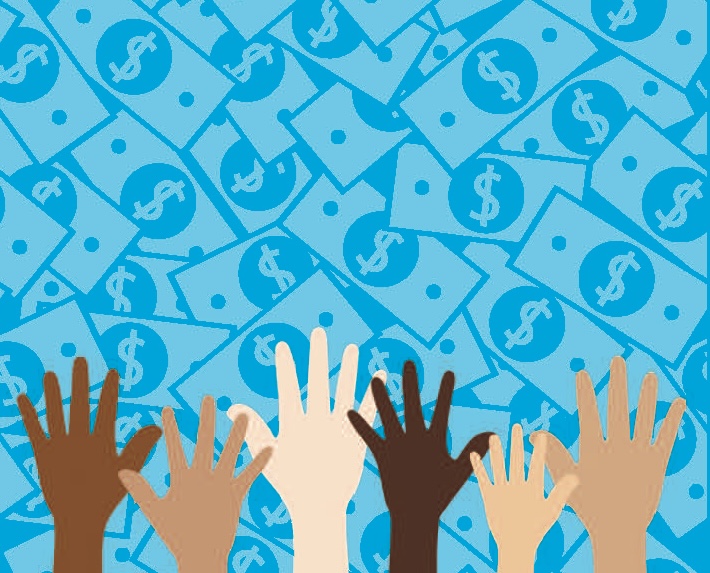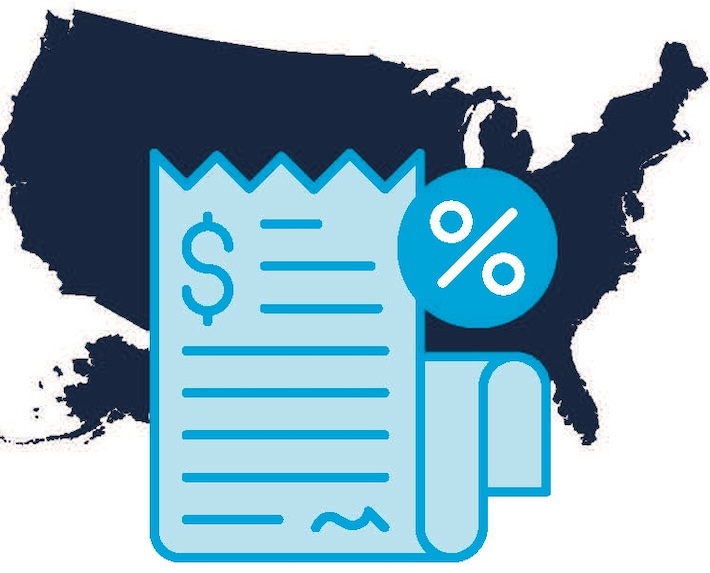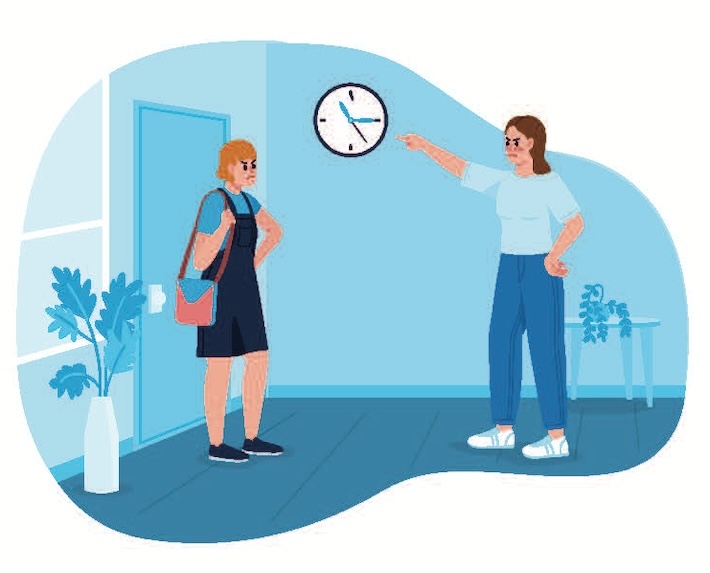
5 minute read
Research Briefs

MAMIT DEME, Professor of Economics
Co-author: ALI M.A. MAHMOUD (Beni-Suef University)
“Terms-of-trade and welfare effects of the 2018–2019 US tariff hikes on electrical equipment and plastics”
Applied Economics
Deme and Mahmoud study the impact that tariff rises have on foreign and domestic trade markets. The impact can cause alarming economic effects, such as billions of dollars lost in importing electrical equipment and plastics. Along with adverse economic effects, tariff hikes also threaten a significant decrease in welfare for U.S. consumers.
Examining monthly panel data during 2016–20 in the two sectors, results show that the 2018–19 U.S. tariff burden fell on American importers in the form of higher prices and also resulted in negative terms-of-trade, efficiency, and welfare effects for the country. The study concludes that to minimize negative consequences on the domestic economy, a tariff policy requires an in-depth industry-specific analysis prior to policy implementation.

MICHAEL A. ERSKINE, Associate Professor of Information Systems and Analytics
Co-author: MARIANA GIOVANNA ANDRADE-ROJAS (University of Georgia)
“The effects of bribery on the digitization of small and medium enterprises in Latin America”
Information Systems Journal
The authors offer a novel contribution to the understanding of how corruption, in the form of bribery, affects technology investment at the firm level. The findings demonstrate not only that bribery diminishes the likelihood of digitization but also that managerial experience and firm size positively moderate this relationship.
This research is particularly significant for Latin America, where small and medium enterprises (SMEs) play a critical role in economic development yet often face systemic challenges such as corruption. This study addresses a pressing issue that impedes technological advancement in these regions. In addition, by revealing how firm characteristics and perceived tax burden interact with bribery, it offers strategic insights that can help accelerate the digital transformation of SMEs, fostering greater economic resilience and competitiveness across Latin America.

AARON GAMINO, Assistant Professor of Economics
“The impact of juvenile curfews on teenage birth rates”
Health Economics
Cities widely adopted juvenile curfews in the 1980s and 1990s to reduce juvenile crime rates and boost parental involvement. The curfews were intended to keep young adults at home during late hours when crimes were more likely to be committed. Gamino investigates an unintended secondary impact of keeping children at home at night: a reduction in teenage pregnancies.
His research revealed that more than two-thirds of teenage pregnancies are unintended. Findings show that large cities adopting juvenile curfews experienced a reduction of 3 births per 1,000 women ages 15–17. The study demonstrates a potential avenue to reduce unintended teenage pregnancies in the uncertain reproductive health care landscape today.

TIM MOAKE, Associate Professor of Management
Co-authors: CLARISSA R. STEELE (Kansas State University) and MICHELE N. MEDINA-CRAVEN (Mississippi State University)
“Developing woman leaders: The role of women’s professional organizations”
Human Resource Development Quarterly
Women often lack leadership opportunities in the workplace, so Moake investigated whether women benefit from joining women’s professional organizations (WPOs). Moake and his co-authors found that most women typically join WPOs for leadership development.
More importantly, they discovered that WPOs allow members to hone their leadership abilities, network with other women, work directly with and observe women leaders, and receive support from others to take on leadership roles. In turn, these members had increased leadership aspirations, more confidence in their leadership capabilities, and a more expansive view of leadership within their careers. Overall, the findings from this study highlight the vital role that WPOs can play in developing women into leaders.

GAIA RANCATI, Assistant Professor of Marketing and Neuromarketing
Co-authors: MAURIZIO MAURI, GIUSEPPE RIVA, and ANDREA GAGGIOLI (Catholic University of Sacred Heart)
“Comparing the effects of immersive and non-immersive real estate experience on behavioral intentions”
Computers in Human Behaviors
Virtual reality (VR) has allowed consumers to indulge in an immersive experience with retail businesses. Virtual reality presents a 360-degree environment where users gain complete control to engage with 3D content as if they were physically there. The low-cost, engaging experience is accessible worldwide and has revealed behavioral reactions that increase the possibility of consumers’ buying products.
Co-author Rancati conducted an enriching experiment, testing VR’s success in the real estate industry. Participants showed subconscious behavioral shifts when presented with a virtual tour of a property, experiencing stronger emotions, thus increasing the likelihood of purchasing the property. The results show how digital experiences can alter consumer behaviors and provide an experience they can’t resist.

STEPHEN B. SALTER, Professor of Accounting
Co-authors: HONG KIM DUONG (Old Dominion University) and GAURAV GUPTA (University of North Carolina–Wilmington)
“The Future of National Culture in Accounting Research”
Journal of International Accounting Research
Countries define themselves individually through their cultures. National culture is made up of values that have been passed down through generations rather than written regulations that people must follow. Culture is a powerful influence that has far-reaching consequences, affecting the nation’s economic situation and how individuals utilize and interpret accounting information.
In this study, Salter and his team investigate the relationship between national culture and accounting systems and discuss this link’s potential positive and negative consequences. Using their results, they also propose recommendations to help national organizations understand what economic and accounting policies work best for their country’s culture.










